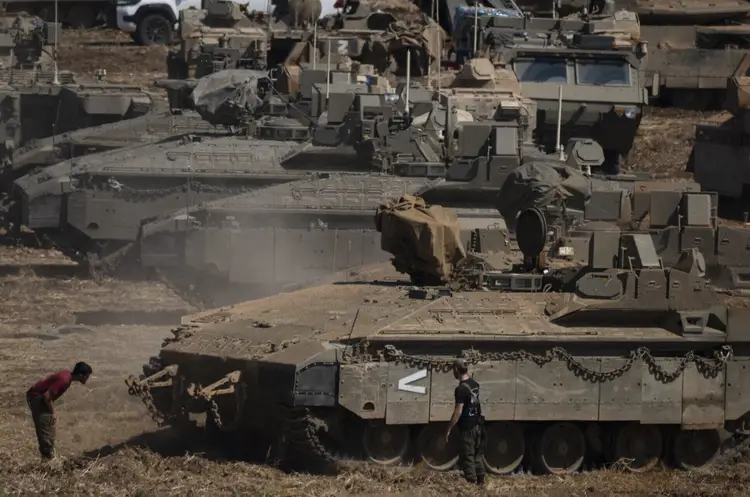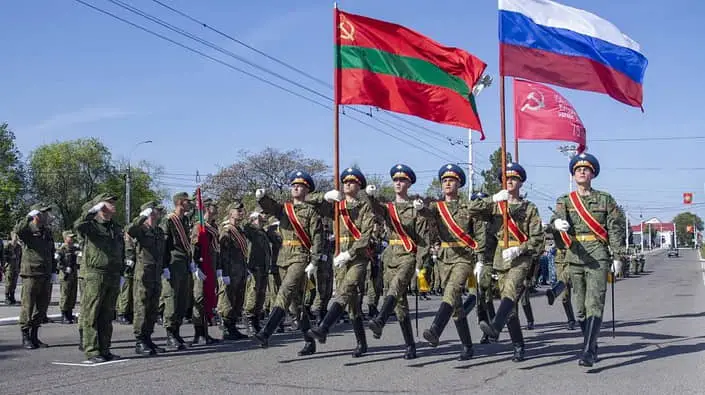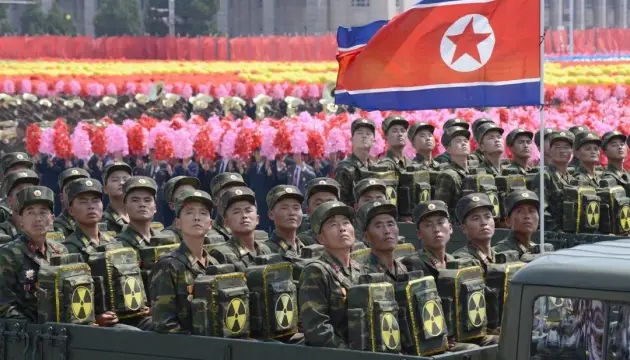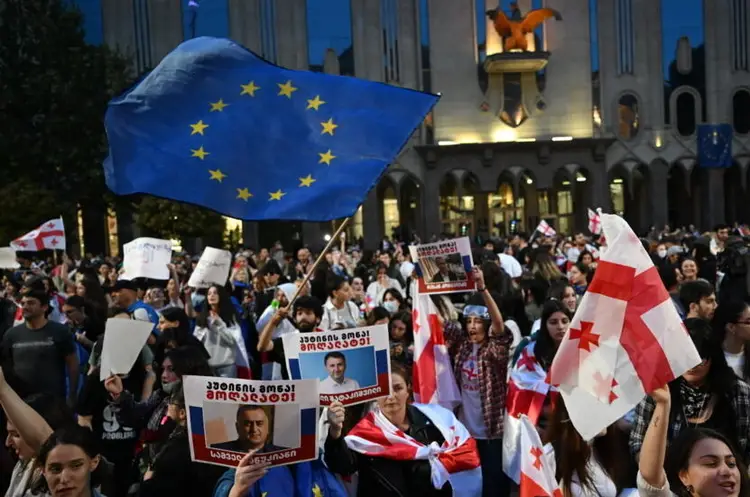Israeli Ground Operation in Lebanon: Origins of the Conflict and Possible Developments

Will Israel's operation against Hezbollah lead to a full-scale war in the Middle East?
On September 30, Israeli special forces launched a ground operation on the Lebanese border under the code name "Northern Arrows." This followed numerous attacks on Hezbollah terrorist targets and the assassination of their leader, Hassan Nasrallah. While the conflict between Israel and Lebanon has been ongoing for decades, the current escalation raises the question: Could this be the prelude to a war between Israel and Iran?
What's Happening in Lebanon?
The conflict between Israel and Lebanon intensified after a series of operations against Hezbollah began in September. On September 17, Hezbollah militants' pagers exploded, signaling an attack. Israel's intelligence agency Mossad and the IDF claimed responsibility for the operation. Later, on September 19, the Israeli army launched airstrikes on Hezbollah bases, destroying dozens of hideouts. By September 23, it was announced that 800 targets had been destroyed.
The climax came on September 28 with the assassination of Hezbollah's leader, Hassan Nasrallah, during an airstrike on Beirut, which also killed other high-ranking officials. This was a significant blow to the group that effectively controls much of Lebanon.
The Start of the Ground Operation
On September 30, the IDF urged residents of Lebanese border villages to evacuate, and by October 1, they announced the start of the ground operation "Northern Arrows". Israeli military officials stated that the goal is to destroy Hezbollah's terrorist infrastructure and facilities that threaten communities in northern Israel.
Hezbollah is recognized as a terrorist organization in several countries, including the U.S. and Germany. The group's armed wing is also considered a terrorist entity by the European Union. Hezbollah is heavily influenced by Iran, which provides around $700 million in annual financial and logistical support.
International Reaction: The Role of Iran
Despite its close ties to Hezbollah, Iran has so far refrained from providing direct military support to the group. On September 30, Iranian Foreign Ministry spokesman Nasser Kanaani stated that Lebanon is capable of defending itself against Israeli aggression, and Iran sees no need to intervene.
However, experts note that the elimination of Hezbollah's leaders delivers a serious reputational blow to Iran, highlighting its inability to protect its proxy armies. The assassination of Nasrallah could weaken Hezbollah's position as a political and military force, which has long been attacking Israel.
Why Is Iran Being Cautious?
Iran's restrained response is linked to its ongoing attempts to resume negotiations with the U.S. It may be awaiting the results of the upcoming BRICS summit in Kazan in October. If a deal with moscow is signed, Iran could expect support from russia in case of a military conflict.
Hamidreza Azizi, a researcher at the German Institute for International and Security Affairs, notes that Iran believes Hezbollah is not yet in a critical situation requiring direct military intervention. Iran's geographical distance also limits its ability to effectively support Hezbollah.
Conclusions
Israel's ground operation against Hezbollah could become a turning point in the Middle Eastern conflict. Iran is trying to maintain restraint while awaiting possible negotiations with the U.S. and russia. Although Hezbollah has suffered significant losses, its complete collapse is not inevitable. Israel, for its part, is seizing the moment to quickly address the problem and avoid drawing Iran into a full-scale conflict.
The behavior of the international community and Israel's next steps could significantly impact the region's future. The question remains whether these events will act as a catalyst for a broader conflict involving Iran and its allies, including russia.












